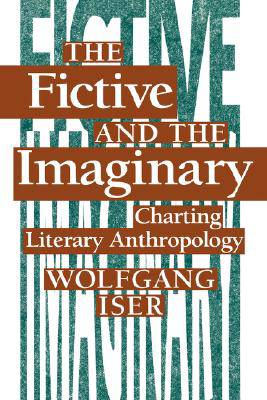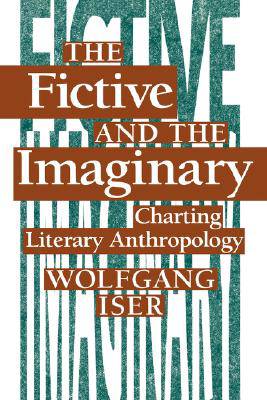
- Afhalen na 1 uur in een winkel met voorraad
- Gratis thuislevering in België vanaf € 30
- Ruim aanbod met 7 miljoen producten
- Afhalen na 1 uur in een winkel met voorraad
- Gratis thuislevering in België vanaf € 30
- Ruim aanbod met 7 miljoen producten
Zoeken
€ 46,95
+ 93 punten
Omschrijving
"Iser is an influential figure, and aficionados will welcome the comprehensive exposition he provides here."--Terence Cave, TLS The pioneer of "literary anthropology," Wolfgang Iser presents a wide-ranging and comprehensive exploration of this new field in an attempt to explain the human need for the "particular form of make-believe" known as literature. Ranging from the Renaissance pastoral to Coleridge to Sartre and Beckett, The Fictive and the Imaginary is a distinguished work of scholarship from one of Europe's most respected and influential critics. "A new book by Wolfgang Iser is an important event in the critical world. This one, with its wide-ranging and ambitious argument, will require the attention of everyone who thinks seriously and at all philosophically about literary culture and what it has to tell us about being human."--Ross Chambers, University of Michigan.
Specificaties
Betrokkenen
- Auteur(s):
- Uitgeverij:
Inhoud
- Aantal bladzijden:
- 380
- Taal:
- Engels
Eigenschappen
- Productcode (EAN):
- 9780801844997
- Verschijningsdatum:
- 1/03/1993
- Uitvoering:
- Paperback
- Formaat:
- Trade paperback (VS)
- Afmetingen:
- 151 mm x 229 mm
- Gewicht:
- 453 g

Alleen bij Standaard Boekhandel
+ 93 punten op je klantenkaart van Standaard Boekhandel
Beoordelingen
We publiceren alleen reviews die voldoen aan de voorwaarden voor reviews. Bekijk onze voorwaarden voor reviews.











